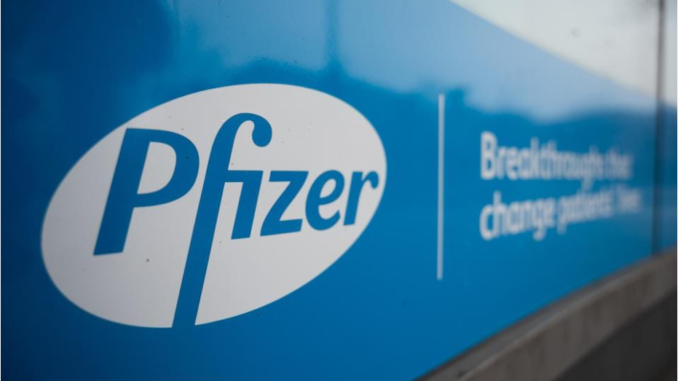
Pfizer’s stance to counterfeiting, securing the supply chain and improving patient safety has always been well known. Pfizer has approached this war from the use of Anti-Counterfeiting (A-C) technology, which has developed over time from a simple point solution to a sophistication with capacity of protecting numerous products. Seeing the potential of A-C technology and possible sanity and security it can bring into the overall drug supply chain, it has always been a part of Pfizer’s approach to execute the anti-counterfeit war. A-C technology no doubt is a key component which the industry must embrace if this war must be won.
Public level education and awareness as another strategy for the execution of the war against counterfeit cannot be over-emphasized. A clear understanding of what makes a counterfeit medicine and the other associated terminologies could just be what will arm all for success in this war.
So a deliberate and fraudulent mislabeling of a medicine with respect to its identity and or source is considered a counterfeit medicine, including those with correct but insufficient ingredients, wrong ingredients, no active ingredients and false packaging. As unsuspecting as it may be, generic products as much as their branded counterpart suffer from the counterfeit assault.
Illicit Trade may include legitimate product that arrived in market by unauthorized parallel trade. A legitimate product that was diverted from a Pfizer product donation. A legitimate Pfizer product that was stolen from the rightful dispensary and resold. A substandard or counterfeit product that was illicitly produced by a company other than Pfizer.
Illicit trading falls out of traceability and record, reason why only an assessment of the extent of the problem can be completed. The proliferation of pharmaceuticals sold on street markets open large opportunities for unscrupulous individuals to supply those markets with smuggled medicines, mixing together counterfeit, substandard, diverted or stolen medicines. Above the impact on industry and economy, the major concern is the risk on the patient health. Illicit traded and counterfeit medicines is a public health issue.
At Pfizer, we always lend our voice to the danger of illicit trade by supporting agencies in charge of pharma crime through regular trainings on product identifications in the framework of international operations.
We believe good collaboration with the relevant authorities drive good success and we would continue doing this by raising public awareness. It is always a great opportunity to educate,
enlighten & partner with key stakeholders on how to proactively detect and report illicit medicines as we drive public awareness about the dangers of counterfeit and sub-standard medicines.
A medicine is not just a product. This quality is assured as long as the medicine is supplied through a controlled, auditable, trackable channel. Pfizer is thus in support of the new Government initiative on the implementation of Pharmaceutical Traceability Strategy in Nigeria through the deployment of barcode to track products from the plant to patient. Consumers should obtain their medicines from legitimate sources like registered pharmacies, dispensaries, hospitals and not in any unregulated outlets. The consumers should ensure the products have the NAFDAC registration number on the packs. Continuing the effort to regulate the illicit trade places in large marketplaces and other similar places around the country. Continuous education of pharmacists and healthcare practitioners on how illicit trade can be replaced by legitimate pharmacies. This will be a winning situation for all in terms of security of the medicines and ultimately safeguarding the lives of patients.
END

Be the first to comment